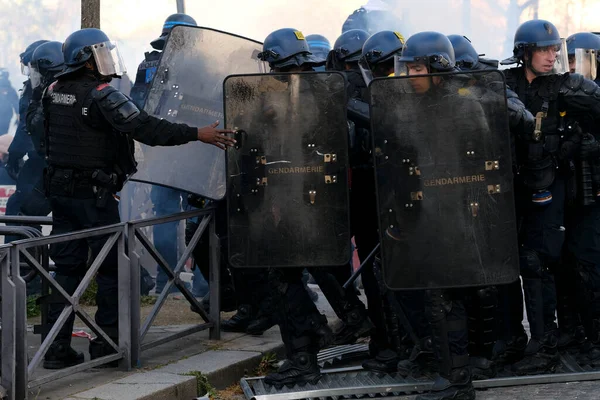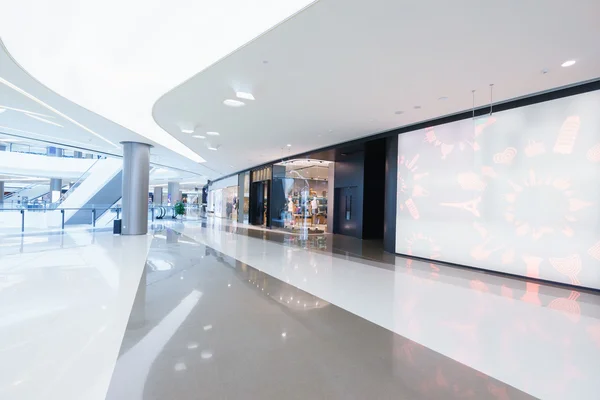
“It was dubbed “”Operation Charlotte’s Web,”” a name that bordered on whimsy, but over the course of this weekend, the streets of Charlotte were quieter than they have been in years. Masked and heavily armed agents fanned out across North Carolina’s largest city, arresting more than 130 people in two days in an operation spearheaded by U.S. Customs and Border Protection section chief Gregory Bovino. The suddenness and scope of the crackdown sent immigrant neighborhoods, businesses, and even houses of worship reeling.

1. A City Stilled by Fear
Normally bustling districts fell silent as word spread of the presence of federal agents outside churches, apartment complexes, and hardware stores. Businesses closed, appointments were canceled, and grocery aisles stood empty. “”Latinos love this country… and it’s just so sad to see that this community now has this target on their back,”” said Paola Garcia of Camino, a nonprofit serving Latino communities. Their dental clinic saw nine cancellations in one day alone.

2. Churches No Longer Safe Havens
One of the most jolting aspects of the operation was targeting of religious spaces. In east Charlotte, church members doing yard work fled into nearby woods when agents arrived. Witnesses described children crying inside as one man was detained without agents showing identification. Fifteen-year-old Miguel Vazquez, a U.S. citizen, said, “We thought church was safe and nothing gonna happen. But it did happen.” Local leaders have equally condemned the breach of sanctuary as a violation of religious freedoms.

3. Public Confrontations and Aggressive Tactics
Videos posted online also showed agents breaking a car window to detain a Honduran-born U.S. citizen, detaining landscapers putting up Christmas lights, and hauling away a teenage grocery store worker. The governor, Josh Stein, spoke out against what he called racial profiling and indiscriminate targeting. He warned that such raids “are not making us safer. It’s stoking fear and dividing our community.”

4. Political Fault Lines
Republican leadership in North Carolina hailed the operation as a needed action to take “violent criminal illegals” off the streets, while Democrats condemned it as politically motivated and damaging to community trust. Charlotte city council member Dimple Ajmera described it as “”a political distraction ahead of next year’s midterm elections.”” She said Charlotte’s dropping crime rates validate that fact violent crime in Charlotte is down 20% this year.

5. The Mental Health Toll
The heightened presence of immigration enforcement has psychological consequences that are well-documented. Studies have demonstrated that migrants with uncertain legal status have higher levels of anxiety, depression, and PTSD. Even lawful residents and U.S. citizens who happen to belong to communities targeted by such practices report increased mental distress when loved ones could be detained. Enforcement sweeps may drive individuals to avoid essential services, from healthcare to education, further isolating them and eroding their well-being.

6. Community Response and Acts of Solidarity
Grassroots groups mobilized quickly. Whistles were distributed to alert neighbors in case of ICE presence, residents were schooled on their legal rights, and rides to work and school were organized. Charlotte Councilmember LaWana Mayfield encouraged residents to “get to know your neighbors… bring them over to your house so the children can feel safe.” Siembra NC and the Carolina Migrant Network were some of the organizations that extended hotlines and patrols as a way of providing immediate assistance to people at risk.

7. Economic Disruption
The ripples from the raid extended into the local economies. Manolo Betancur, owner of Manolo’s Bakery, closed for the first time in 28 years as the agents chased people outside his shop. “”My laundromat is practically empty… but we’re open because people need to do laundry,”” said owner David Rebolloso, who went the extra step of locking his doors to protect customers. “”Laundry does not discriminate.””

8. Looking Ahead
Bovino has said that similar operations will continue in other Democratic cities, and New Orleans may be next on the list. For the immigrant communities in Charlotte, that uncertainty of when and where agents may show up also contributes to more anxiety. Mayor Vi Lyles reassured residents, “”your city stands with you,”” and pledged to uphold “”the rights and constitutional protections of every person in Charlotte – regardless of immigration status.””

These acts of solidarity neighbors sharing phone numbers, faith leaders speaking out and activists documenting enforcement have become lifelines in neighborhoods where trust has been fractured. For many, the gestures are the only antidote to the fear now lingering in the streets, churches and marketplaces of Charlotte.”


